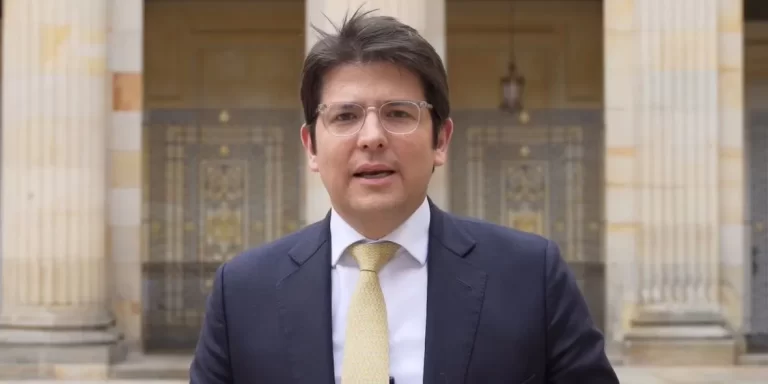[ad_1]
PARIS (Reuters) – Tens of thousands of hard-left trade unionists marched through French cities on Tuesday to protest against President Emmanuel Macron’s labor law reforms, although turnout appeared lower than at demonstrations in previous years.
Hitting back at Macron’s pledge to give no ground to “slackers”, some in Paris carried placards reading: “Slacker on Strike” while in Bordeaux demonstrators chanted: “Macron you’re screwed, the slackers are in the streets.”
The interior ministry said 223,000 protesters turned out across the country, compared with about 400,000 during March 2016’s demonstration.
Riot police clashed with hooded youths in isolated skirmishes on the fringe of the march led by the Communist Party-linked CGT union in Paris.
The union said some 400,000 had marched across France, down from its estimate for 2016 of 1.2 million.
Labor unions have scuppered previous attempts to weaken France’s labor code, but this time there was comfort for Macron as two other unions, including the largest, the CFDT, declined to join the protests.
“We’ve been passing laws which take apart the labor code for 20 years. The answer (to unemployment) doesn’t lie in rolling it back further,” said Maxime Durand, a train driver on strike.
After weeks of negotiation, the government last month set out measures including a cap on payouts for dismissals judged unfair and greater freedom for companies to hire and fire.
The reform makes no direct reference to the 35-hour week, a totem of the labor code, though it hands firms more flexibility to set pay and working conditions. The government plans to adopt the new measures, being implemented by decree, on Sept. 22.
During a trip to Athens on Friday, Macron told the local French community: “I am fully determined and I won’t cede any ground, not to slackers, nor cynics, nor hardliners.”
He said the “slackers” comment was aimed at those who had failed to push through reforms in the past, although political opponents and some unions took it as an attack on the unemployed or on workers making the most of job protection.
“We will make Macron back down,” far-left firebrand Jean-Luc Melenchon, who has become Macron’s most vocal opponent in parliament, said on the sidelines of a protest in Marseille.
CHERISHED RIGHTS
French workers have long cherished the rights enshrined in the labor code, but companies complain it has deterred investment and job creation and stymied economic growth. Unemployment has been above 9 percent for nearly a decade.
Macron’s reforms are being followed in Germany as a test of his resolve to reshape the euro zone’s second-biggest economy, a must if he is to win Berlin’s backing for broader reforms to the currency union.
The CGT is France’s second-biggest union, though its influence has been waning. Its leader Philippe Martinez said Tuesday’s nationwide protests were the “first phase” and more would follow. He called Macron’s reference to “slackers” an insult to workers.
“The president should listen to the people, understand them, rather than cause divisions,” Martinez told France 2 television.
CGT workers from the rail, oil and power sectors heeded the strike call but by the afternoon there was no apparent impact on power and refining production, spokespeople for utility EDF (EDF.PA) and oil major Total (TOTF.PA) said.
Just over 11 percent of the workforce at EDF, which operates France’s fleet of 48 nuclear reactors, took part in the strike, a spokeswoman for the state-owned utility said.
UNIONS DIVIDED
Macron landed in the French Caribbean on Tuesday to survey the devastation wrought by Hurricane Irma on the territory of Saint Martin.
Governments on the political left and right have been trying for decades to overhaul the 3,000-page labor code, but ended up watering down their plans in the face of street demonstrations.
Macron was economy minister in the Socialist government of president Francois Hollande, whose attempt at labor reform led to weeks of protests that at their peak brought 400,000 onto the streets, and stoked a rebellion within his own party.
Hollande was forced to dilute his proposals, but so far there are no signs of Macron feeling compelled to back down.
An opinion poll published on Sept. 1 indicated that voters have mixed views on the reform. Nearly six in 10 said they opposed Macron’s labor decrees overall. But when respondents looked at individual measures, most received majority support.
With economic growth accelerating, unemployment on a downward trend and the leading unions divided in their response to the reforms, it is not clear whether the protests will gain significant momentum.
Additional reporting by Caroline Pailliez, Simon Carraud, Bate Felix, Michel Rose, Emmanuel Jarry, Catherine Lagrange in Lyon and Jean-Francois Rosnoblet in Marseille; Editing by Janet Lawrence
[ad_2]
Source link






Leave a Reply